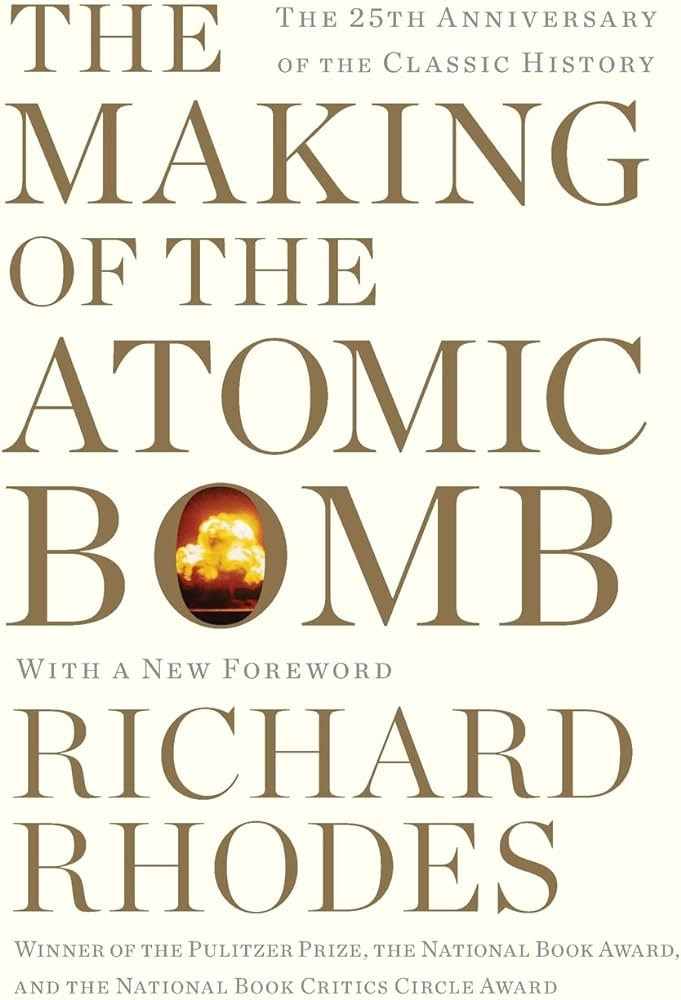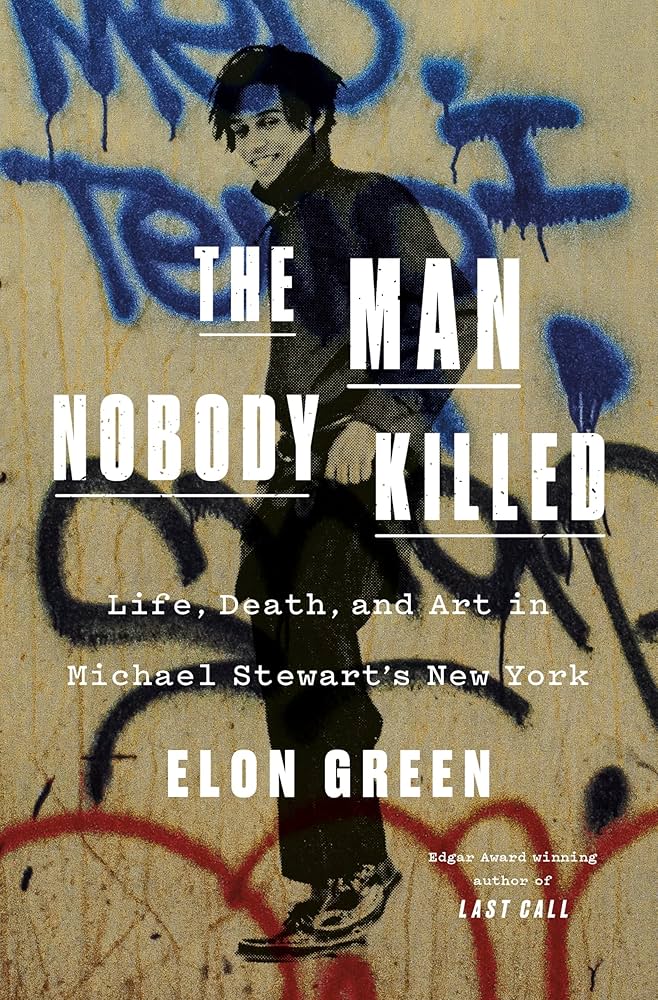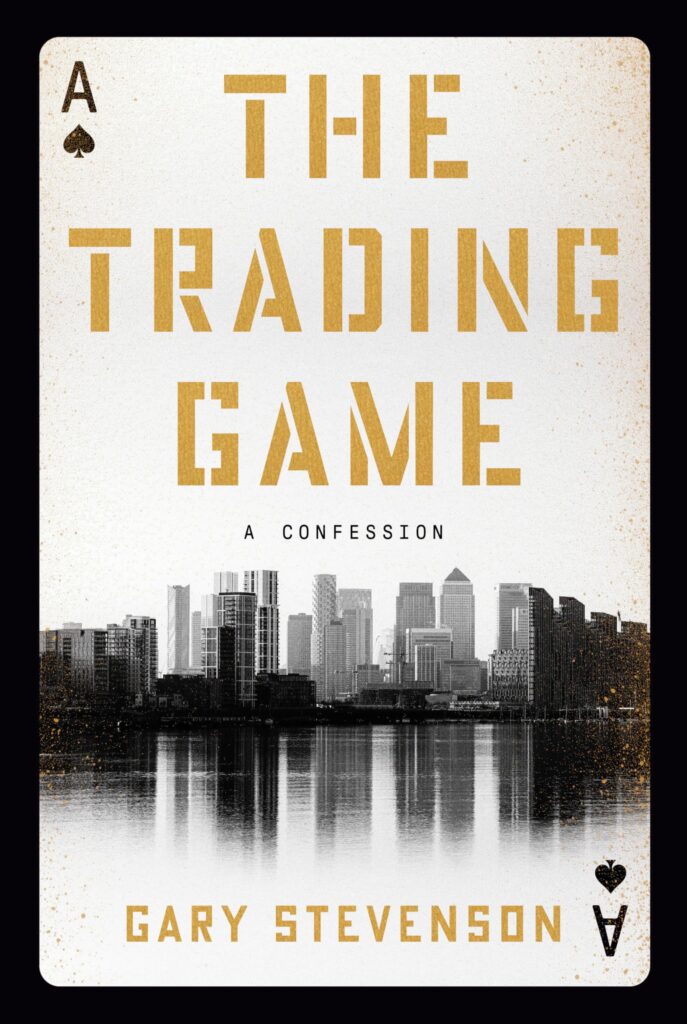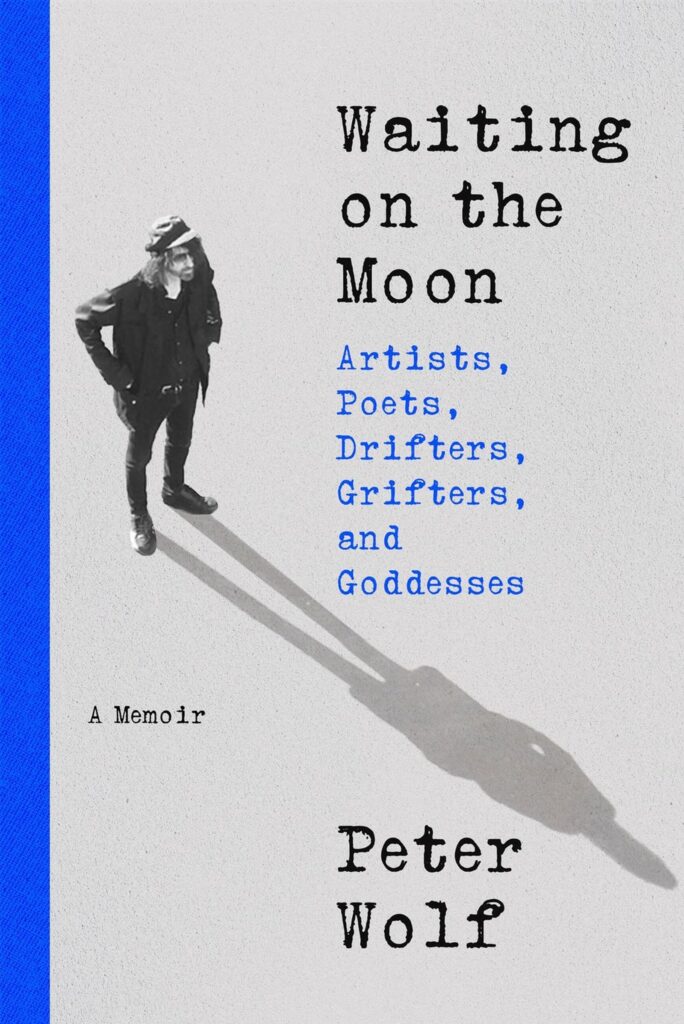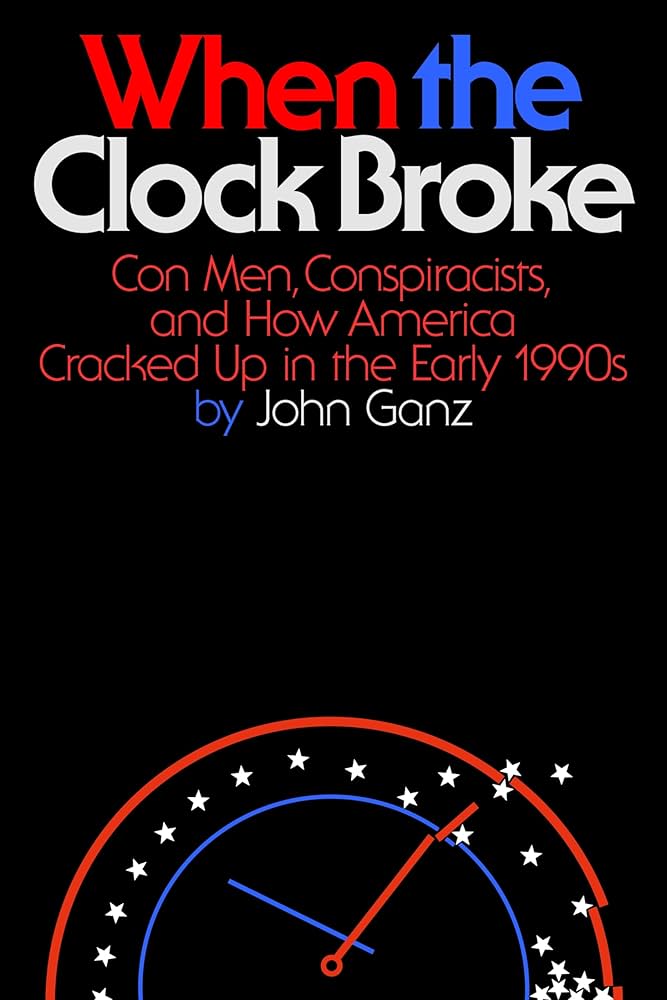It took me more than three months to read The Making of the Atomic Bomb. It’s one of the heaviest and densest books I’ve read (subject-wise, not physically, though it’s also pretty hefty). There were several occasions when I considered abandoning it, but I’m glad I didn’t. I’ll never forget this book.
There aren’t enough superlatives for this book. Richard Rhodes has written the most ambitious and rigorously reported thing I’ve ever read. It’s so much more than just history.
It’s science: I feel like I have a much richer understanding of the physics and mechanics of nuclear fission. How the science was developed over almost half a century, the luck and skill and resources that went into it are astonishing. Frequently overwhelming and difficult.
It’s biography: detailed life stories of half a dozen larger-than-life figures, and in-depth profiles of a dozen more. Scientists, politicians, military figures, and those surrounding them are fully developed characters, sometimes exhaustive to the point of exhausting.
It’s espionage: it goes behind the scenes of the war effort from all sides, providing moment-by-moment accounts of several operations to prevent Germany from developing its own bomb program in several white-knuckle sections.
It’s philosophy: diving deep into the moral, religious and ethical issues behind using nuclear weapons in a conflict that is all but settled, either as a show of military and scientific supremacy or just as a way to bludgeon the Japanese into unconditional surrender, while annihilating tens of thousands of innocent people. We see it from the eyes and detailed notes of several key figures on both sides.
And it pays off unbelievably in the last 100 pages or so. Rhodes brings all of these threads together to create a riveting, horrifying, and vivid breakdown of the final test at Trinity and the bombing of Hiroshima and Nagasaki.
Rhodes’ description of how the final test unfolded — the actual millisecond-by-millisecond description of the explosion — combines technical details, the perspectives of those present, the incredible scientific accomplishment, and the complex implications for everyone involved. It is one of the best things ever put on paper. It validated everything that felt like too much leading up to it, and any omissions from the preceding pages would have diminished its effectiveness.
And then, the bombings themselves — Rhodes’ research is so thorough that he just steps out of the way, and splices together dozens of firsthand accounts from people that were there or near there — Japanese victims, American military crew that dropped the bombs, the politicians that made the choices and had to defend them, and the critics watching in horror as the massacre happens.
I mentioned earlier that I came close to giving up several times. The chapters are long (often 50 pages or more), the margins are narrow, and the writing is dense with detail. Reading it required full concentration for increments of an hour or more. I couldn’t read it before bed if I lacked the cognitive juice to stay engaged. It’s incredibly demanding — even when I had the time and stamina to pick it up, I’d sometimes just not be in the mood to read it.
If you’re in that spot, wavering on whether you should continue, let me reassure you: it’s absolutely worth it. Rhodes won big awards and deserved those accolades and more. It’s absolutely brilliant.

